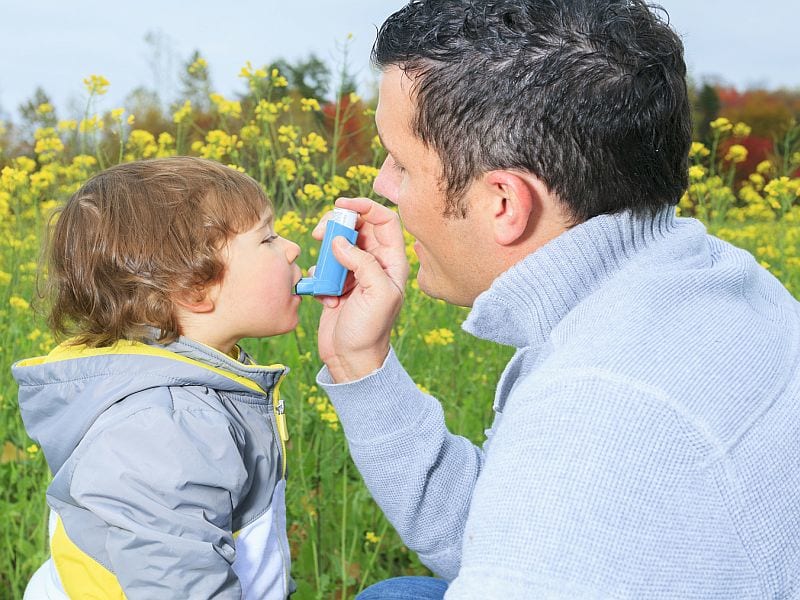
Few people entrusted with making difficult health care decisions for older loved ones actually know what the patient would want, a new study contends. “Advance care planning cannot focus on the patient alone. The health care agent has to be brought into the conversation,” said study leader Dr. Terri Fried, a professor of medicine at… read on >





























